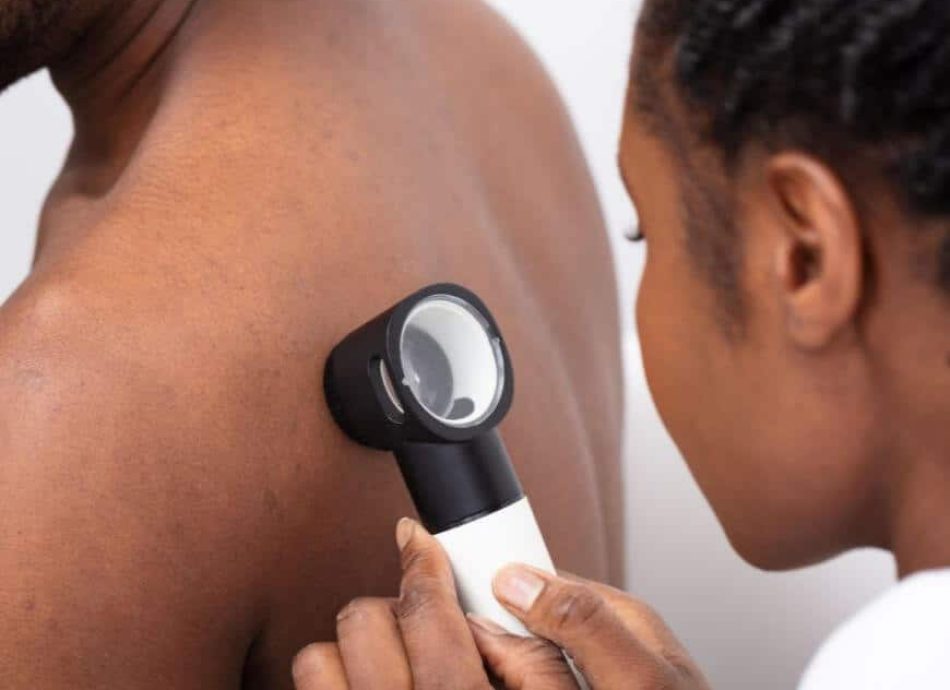Rosacea is often triggered, so identifying the cause can help you to manage your symptoms. It is also advised to wear a high SPF sunscreen, avoid the heat and sunlight where possible, cover your face during cold weather, use gentle skin care products and try to manage your stress levels.
Rosacea cannot be cured but treatments can be used to control the symptoms. These can include:





